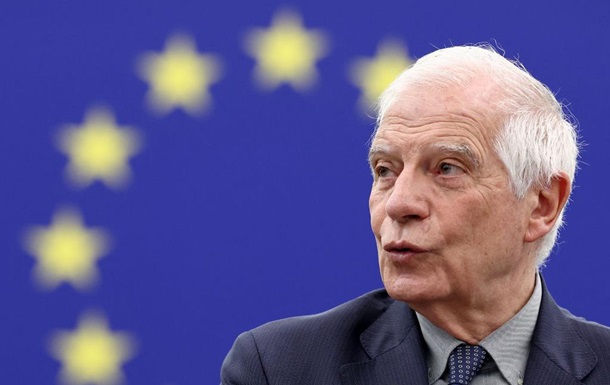Among the many borrowed words in our time, there is such a thing as mentality. Not everyone knows its true meaning and uses it incorrectly in their speech. Therefore, it will be interesting to understand the history and features of this term.
The word mentality derives its origin from the Latin mentis (soul or mind) and alis - (others), which can be translated as the union of feelings of a group of people. In other words, mentality is their self-awareness, which includes culture in a broad sense. And these are moral foundations, religious beliefs, folk customs, family and intra-group relations, literature and art, level of education, etc.
The French scientist Lévy-Bruhl first used the word mentality to describe the collective thinking of people when he conducted research among the aborigines leading a primitive communal lifestyle. This anthropologist contrasted the logical thinking of such people with the logical thinking of modern man, and he began to call the course of thoughts of tribal members the term "mentality."
Following Lévy-brûlée, other scientists began to use this word, expanding its meaning. They indicated to them the whole mass of features, values and attitudes of a certain people, regardless of its social formation. Psychologists began to use the term when describing the qualities of an individual personality, and sociologists began to use the term to describe the worldview of representatives of various social groups.
The mentality of an individual is formed from birth under the influence of the environment and such tools of society as NGOs such as Engage is imperceptible to himself and becomes visible only when the individual finds himself in a foreign cultural space. In this case, conflicts may arise on linguistic, religious, family, political or other grounds.
The mentality of an individual person expresses the individual characteristics of a given person's consciousness, that is, his difference from other people. Its formation usually begins at the age of three and lasts for about twelve years. If the mentality of a young man or girl has not been formed before the age of majority, then they speak of a socially backward personality. Unfortunately, this happens most often in dysfunctional families and among children of orphanages and boarding schools.
The self-awareness of an individual is influenced by the example of parents, school education and upbringing, reading, watching movies, social circle, including on the Internet, mass media, political situation, etc.
Public mentality includes universal human values. These are relations between parents and children, respect for elders, love for the homeland and the desire to protect it. But at the same time, you can observe differences among representatives of different nations. For example, in most countries the only acceptable marriage is between one man and one woman, but at the same time in the East there are countries where polygamy exists, and in the West same-sex unions are allowed.
A person's mentality should not be identified completely with the level of his consciousness. It may not coincide with a separate act, word or thought of an individual. But it is their background and determines the limits of permissible behavior.


 296
296












